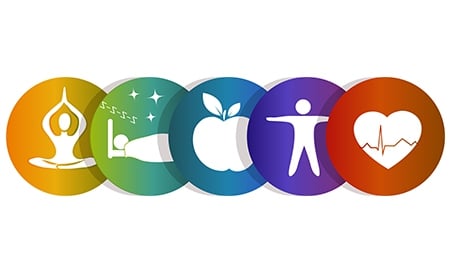
Picasso Creative Writing Method: To execute, communicate and share our "CREATIVE MISSION" as set out below - *Comprehensive Creative Creativity with curated articles, posts, blogs and studies from around the world that support or relate to this rich inter-disciplinary approach to sustainable life-long creations and imagination.
Every Little bit Helps
Creative Mission
Search This Blog
Wednesday, 2 January 2019
Master “The Art of #Thinking Clearly” Before Making Your Analytics #Investments!

Top Monthly Posts
-
Neurofeedback is effectively used to treat a wide variety of symptoms. In my previous blogs in this series on Neurofeedback , I ex...
-
A logical fallacy is an error in reasoning or a false assumption that might sound impressive but proves absolutely nothing. Someti...
-
Design thinking is not the thing that most business think of when a problem or a change is required. Most of the businesses run on th...
-
BOOK REVIEW Want to be smarter? Get more exercise. \ by LINDA GABRIEL in MIND BODY CONNECTION , NEUROSCIENCE , R...
-
Cartesian logic can help advisors and clients make better decisions, negotiation expert Raphael Lapin tells ThinkAdvisor. By Jane W...
-
The question of ‘what is right (or wrong)’ or ‘what one ought to do’ is possibly the earliest and the most pervasive philosophical ...
-
"Writing exercises are something you must cultivate daily to enhance your writing and creative skills. " Creative Writin...
-
You go to the gym to train your muscles. You run outside or go for hikes to train your endurance . Or, maybe you do neither of those, ...
-
"You're not doing yourself any favors if you're in the 26 percent of American adults who haven't read even part of a book w...
-
This gentle form of exercise can help maintain strength, flexibility, and balance, and could be the perfect activity for the rest of ...
Inspirations of passions
Make your interests gradually wider and more impersonal, until bit by bit the walls of the ego recede, and your life becomes increasingly merged in the universal life. An individual human existence should be like a river — small at first, narrowly contained within its banks, and rushing passionately past rocks and over waterfalls. Gradually the river grows wider, the banks recede, the waters flow more quietly, and in the end, without any visible break, they become merged in the sea, and painlessly lose their individual being.
Bertrand Russel








